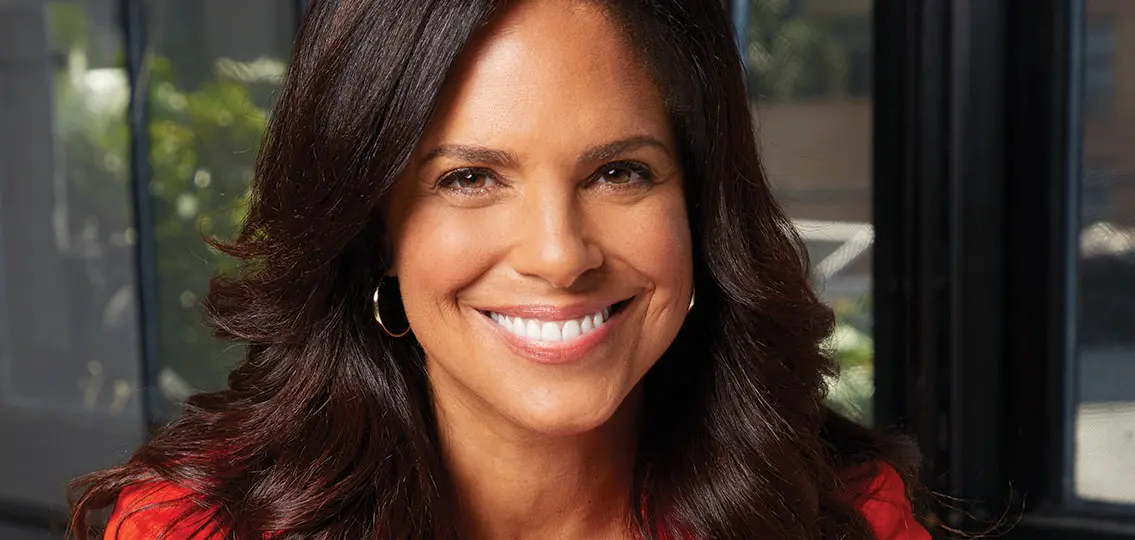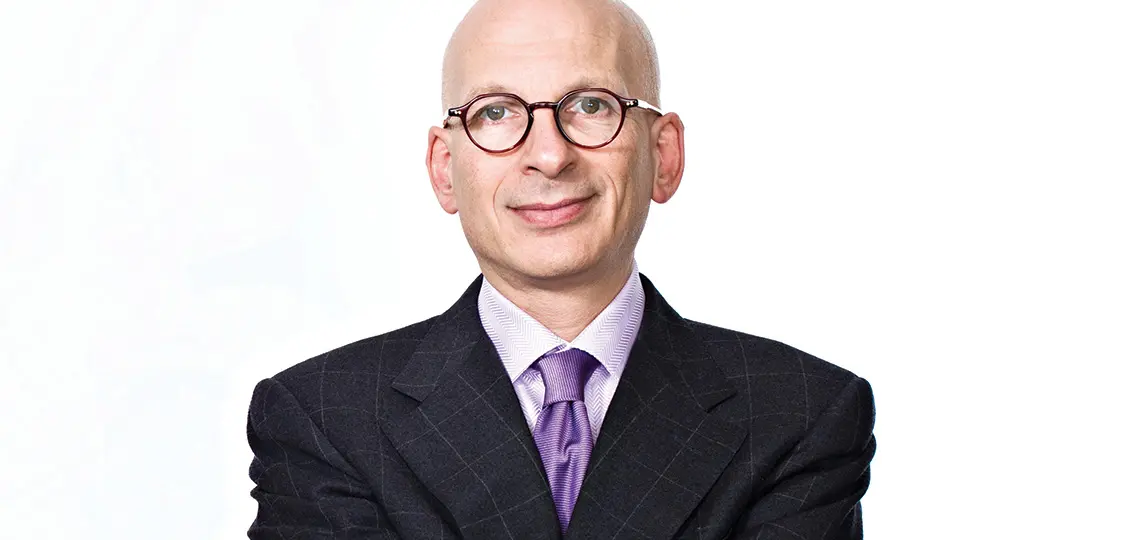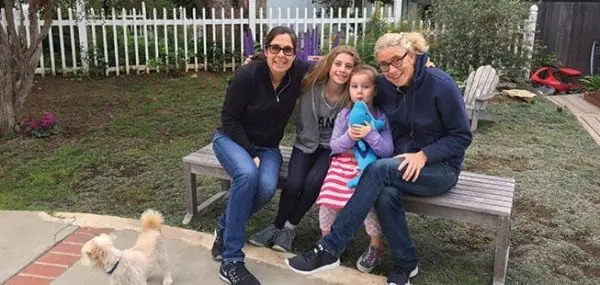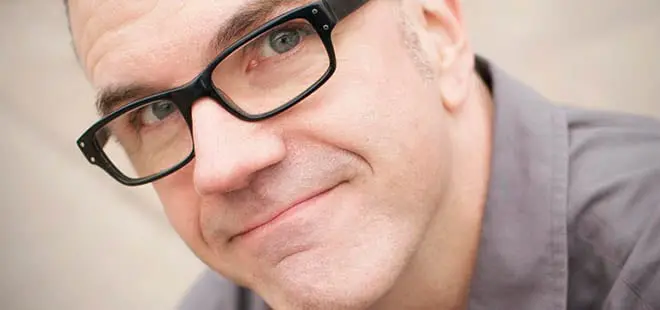Seth Godin is an entrepreneur, marketing guru, and popular blogger. Many of his daily blog posts have to do with effective leadership, education, and why change is hard, but necessary. Read on for some of his thoughts on how these topics apply to raising teens.

Q: In your book, What to Do When it’s Your Turn—and It’s Always Your Turn, you talk about the power of being a change maker. How does this apply to the teen years?
Godin: All teenagers are change makers. It’s not a question of whether a change-making thing be done—instead, we’re only talking about degree. Each of us has inspired at least one other person, lent a hand to a friend in need, shared an idea, told a joke that made someone smile. The question is: Will you choose to do that thing again? How long before you get sucked into the daily grind of doing what you’re told instead?
Q: As parents, we know that “because I said so” is not a good answer. So why do we sometimes default to that?
Godin: I think it’s a fine shorthand in situations where authority is required (for example, with a toddler in the middle of a busy street). I’m not arguing for a long, reasoned explanation at all times. I’m pointing out that leadership and authority aren’t the same thing, and leadership goes much further than authority does.
Q: How can we help encourage a teen to become a do-er, rather than watching from the sidelines?
Godin: The most important thing parents can do is ask themselves, “What is school for?” [Some] believe that school is a factory to create obedience, that grades are a marker of successful conformity and a stamp of future success in a fear-based world.
But some parents have realized that we need to teach our children to lead, to solve interesting problems, and to care enough to fail along the way. If those are the kids you want, why are you measuring everything in terms of a factory-based school system that was invented 140 years ago?
Q: Do you think college is necessary for success? Or do you have a sense of who benefits from college and who doesn’t?
Godin: If college is just more high school, but with binge drinking and football and a quarter of a million dollars of debt, it’s hardly a worthy investment. Yes, there are still high-profile jobs where a fancy college degree is a requirement, but four years and all that money is a high price to pay.
On the other hand, some students enter college in the spirit it was originally intended for: as a place to go deep on topics and to learn to lead, both intellectually and socially. A place to invent and connect and engage. If you go to college to be changed, and changed deeply, then it might just pay off.
But what we know is that the best learning requires doing. And college isn’t the only place you can “do.”
Q: What’s a good alternative or supplement to school experiences?
Godin: What if you spent those four years and a fraction of that money learning to lead instead? Contributing? Growing something? Not the selfish, fun, world walkabout where you learn to be a spectator, but the engaged, risky, persistent effort of actually leading. Because that’s what life is. “Will this be on the test?” is not a good question for the real world.
Q: In some of your blog posts you talk about the idea that people are not “born to do something.” Being good at art or soccer, for example, is not baked into our DNA. How do we help young people shift to this mindset?
Godin: By shifting into it as parents! Parents are horrible at the fundamental attribution error. We minimize situation and maximize the fake concept of true nature. Change the environment, change our narrative, and everything changes.





